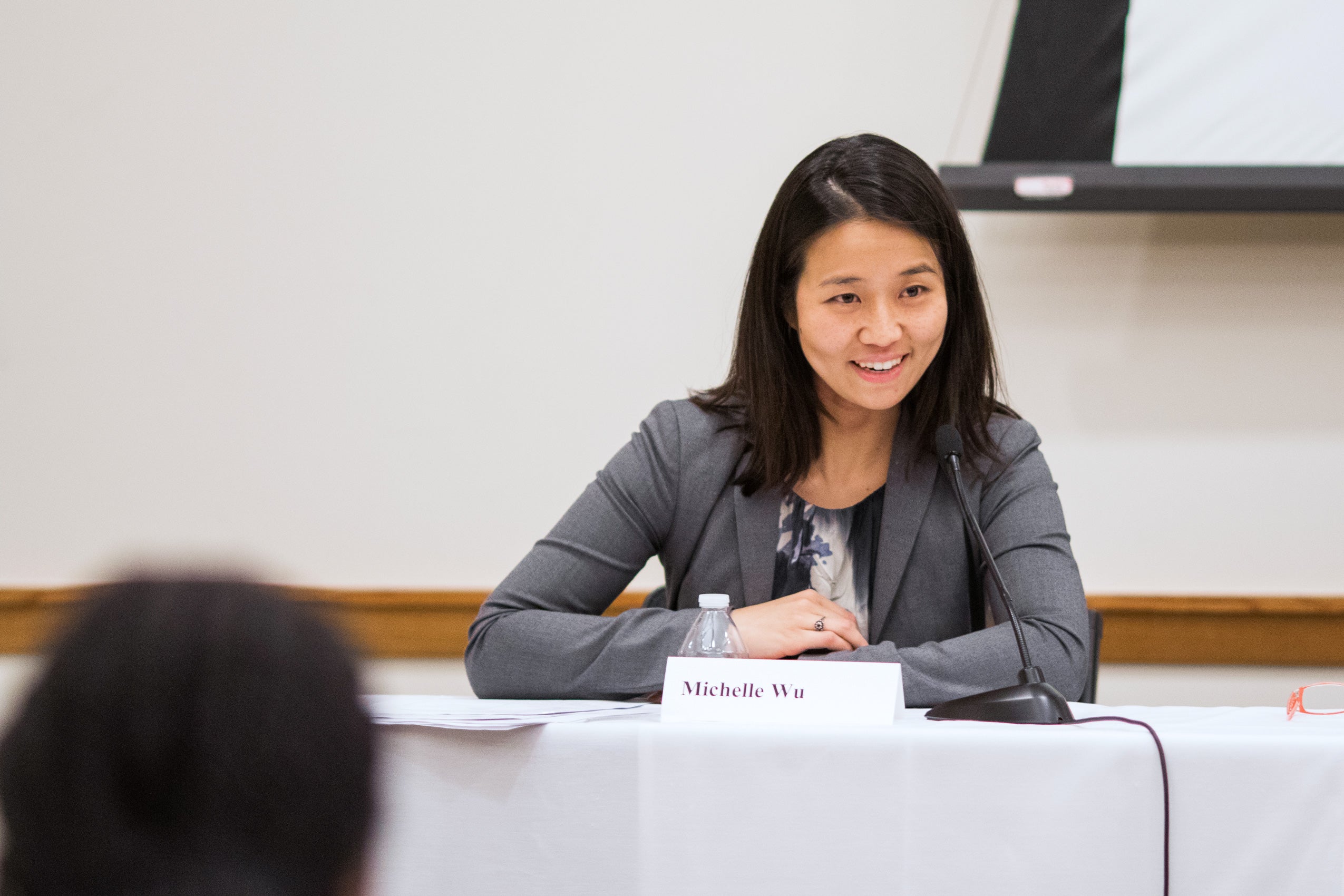Harvard Law Today: Can you tell us about your background and how you became involved in politics?
Michelle Wu: I didn’t expect to run for office. Growing up I had never considered it. I came out to Harvard for undergrad and fell in love with Boston. But shortly after I graduated, my mom began to struggle with pretty serious mental illness. So, at the age of 22, I was taking care of two younger sisters, taking care of my mom and running a family business and all of a sudden, I realized how much government mattered, particularly city government. So I came back to Boston for law school at Harvard and had the incredible opportunity to study contracts law with [then Professor] Elizabeth Warren and signed on to help in whatever capacity I could in her run for United States Senate during my 3L year. By the end of the campaign, I was the statewide constituency director charged with organizing communities of color, immigrant families, and the LGBT community, veterans, basically any non-geographic affinity group. I really saw the power of not just policy, but politics in an inclusive way. So after her campaign, I launched my own campaign for Boston City Council in 2013.
What has your experience as a woman in politics been like?
MW: When I was first sitting down with people and just starting to think about running for office, I met with a lot of people who knew much more about the political system than I did and I was told again and again that it would be very difficult to run as a woman, as a young person, as an Asian American, as someone who wasn’t born in Boston. People kept pointing out all of these ways in which I differed from the typical mold of a Boston politician and therefore would have a hard time and would probably not win. For me, the decision to run was driven by an internal motivation to break down barriers for families that were going through similar struggles to the one my family had gone through. And, if anything, voters were excited to hear from someone who represented a new way of thinking and fresh ideas for the city. There is still a big gap in representation, in terms of how many women make up the electorate and how many we see at all levels of government and leadership. So my charge is to make sure that the younger generation, that girls that I meet and young women that I meet, are encouraged to see themselves in these roles. I think the data shows that when women run for office, we win, and we make a big difference when we’re in there. So I’ve been really proud to lead the charge on paid parental leave in Boston and to get that through with a unanimous vote from the City Council and full partnership with Mayor Walsh. There are many other ways in which we need to be making work-life balance more possible. But to sum up, my experience as a woman running for City Council has been extremely fulfilling, and I have found that who is sitting at the table makes a big difference.
What stands out from your time at HLS? Were you involved in journals, clinics or related student practice organizations?
“For me, the decision to run was driven by an internal motivation to break down barriers for families that were going through similar struggles to the one my family had gone through.”
MW: I took part in the Community Enterprise Project, part of the Transactional Law clinics, which was then based at the Wilmer Hale Legal Services Center in Jamaica Plain. That was an incredible experience of getting to guide small business owners and non-profits through the regulatory red tape that Boston creates and to understand the struggles that they have to go through. I did student legal services work for survivors of domestic violence around immigration law issues. I participated in the Tenant Advocacy Project and Harvard Mediation Program. I loved the opportunity to really explore a wide of variety of things, through all of the classes that are offered: the different strands of what makes up a vibrant society and positive government.
Has your experience as the daughter of immigrants influenced your career path and your priorities? If so, how?
MW: I am completely driven by the experiences that my family has had and the values that my parents’ gave to me and my siblings around understanding hard work and education and focusing on the greater good. I think being the daughter of immigrants also meant that I grew up with a very keen awareness of invisible barriers that different communities face. For my parents, [Taiwanese immigrants], it was a linguistic barrier because they didn’t speak English when they first arrived in the United States and remained as a cultural barrier often even after their English skills got better. I always felt like I was navigating between different worlds and that my parents especially felt this sense of being other. In my work now I try to focus on taking down barriers for every community and creating opportunities that are truly inclusive because the strength of our country is built on our history of welcoming everyone and giving anyone—no matter what your country of origin is or the language you speak at home—the chance to live up to their full potential.
GALLERY
Women Inspiring Change
Every March for the past three years, the Annual Harvard Law International Women’s Day Portrait Exhibit has showcased the astounding contributions of women around the world to the areas of law and policy. The honorees—each of whom has been nominated by HLS students, faculty or staff—are powerful voices in their respective fields, whether they are sitting on a high court bench, standing in front of a classroom, or marching in the streets.
You can view the portraits online and read full biographies of the 2016 honorees at https://orgs.law.harvard.edu/womeninspiringchange/
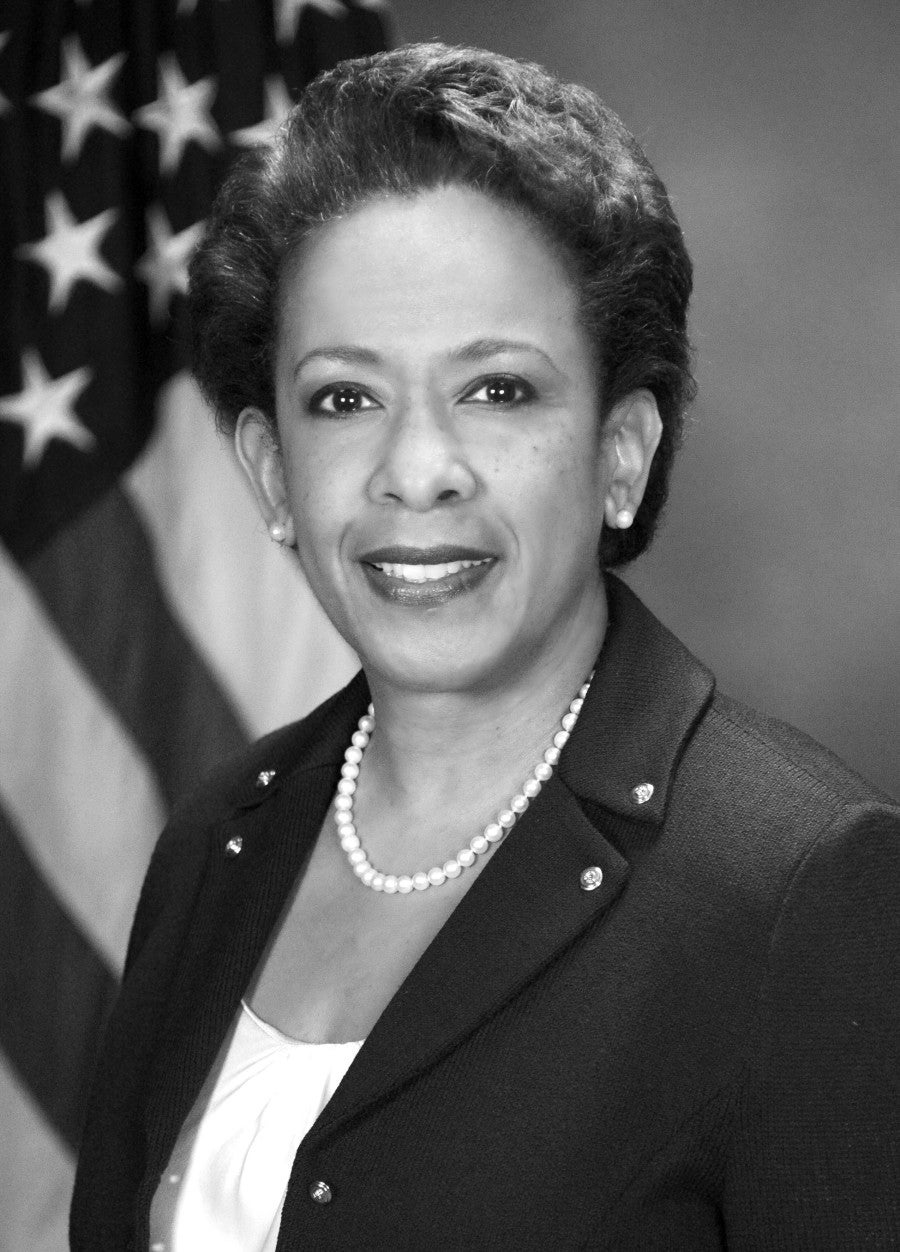
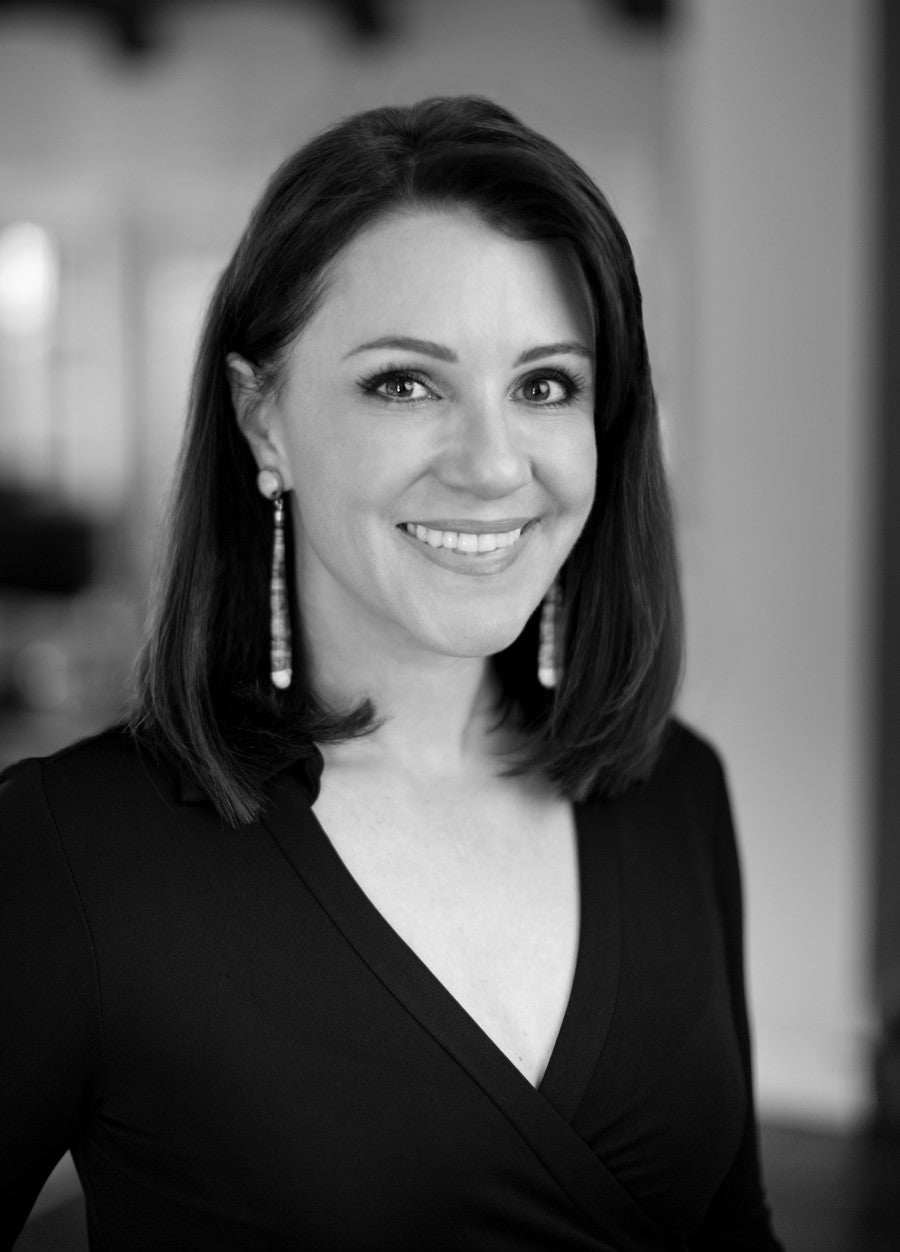
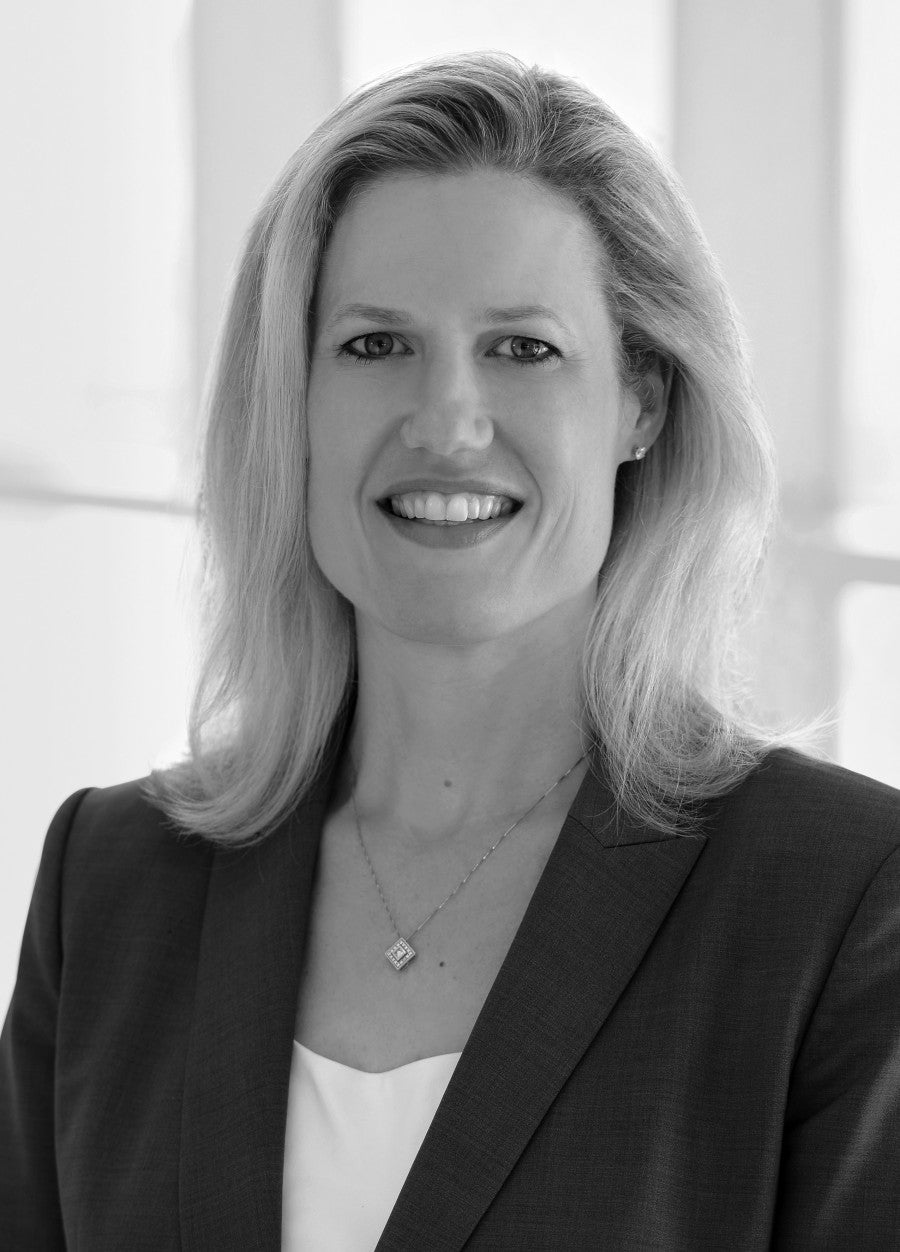
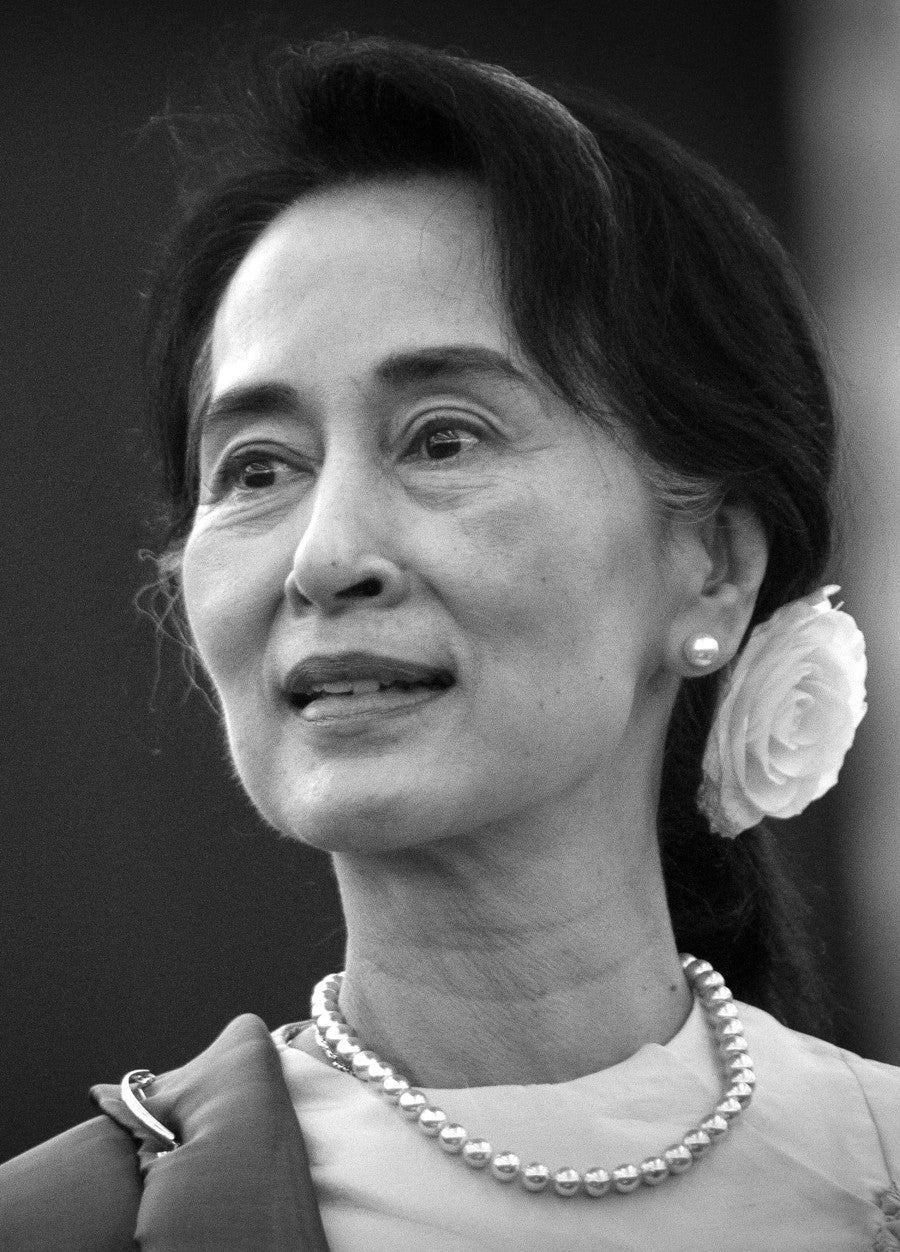
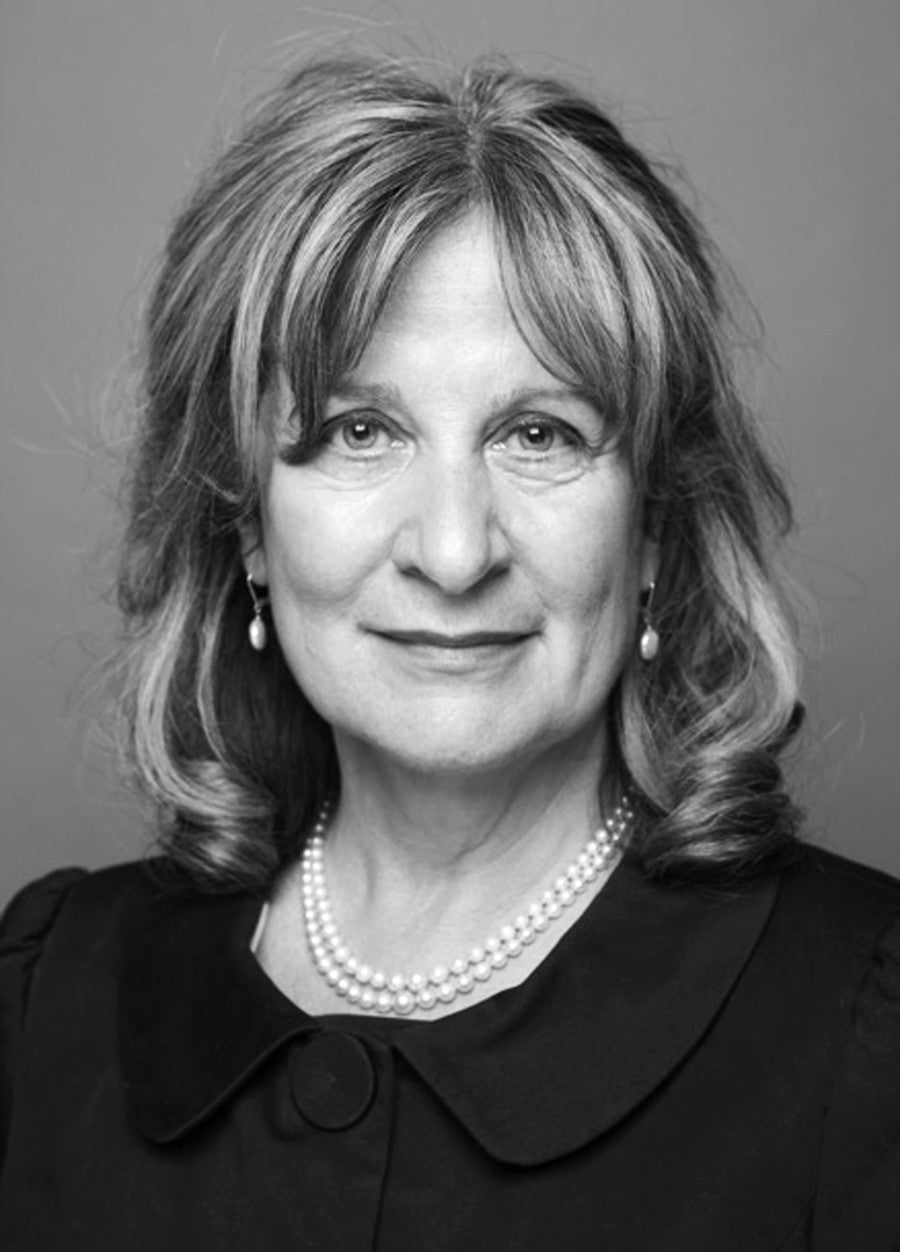
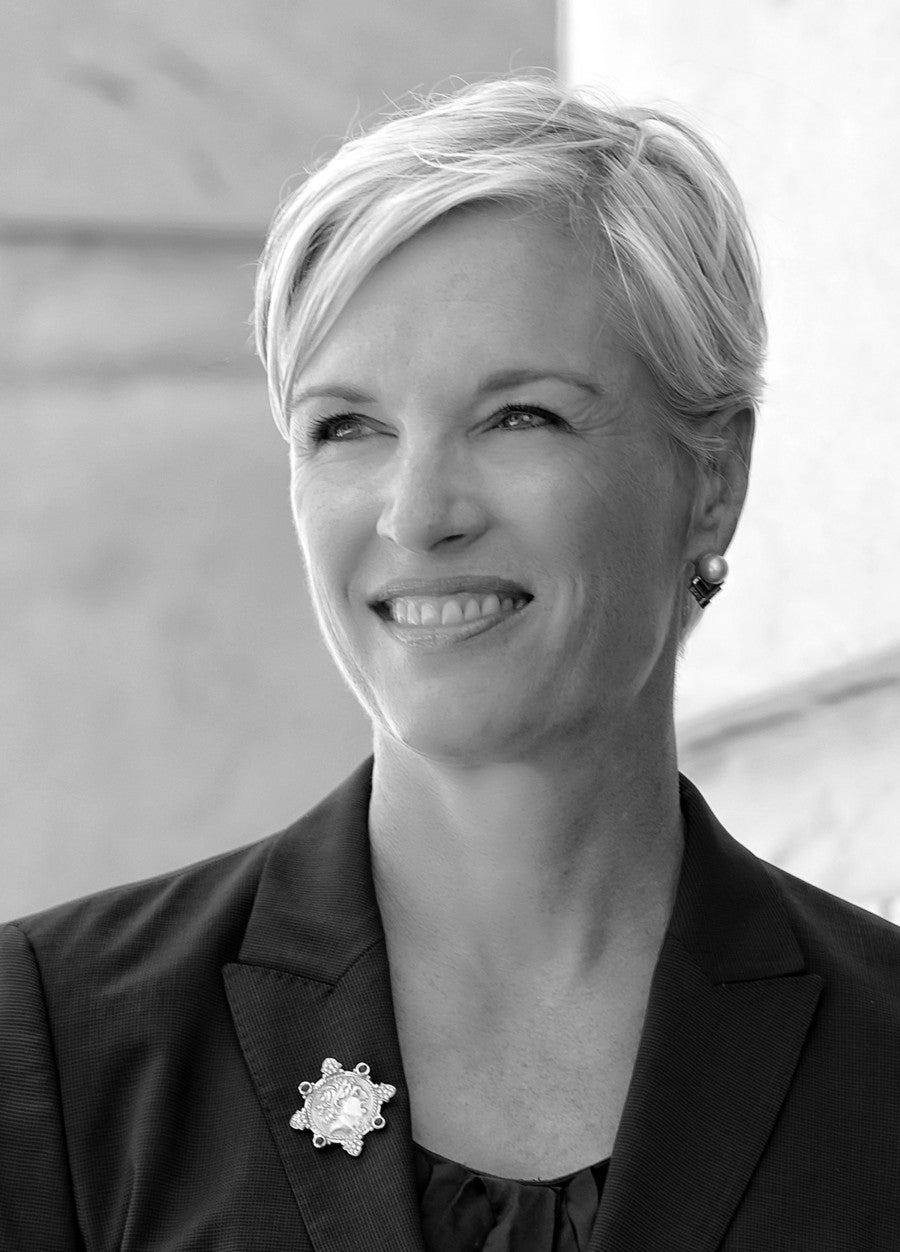
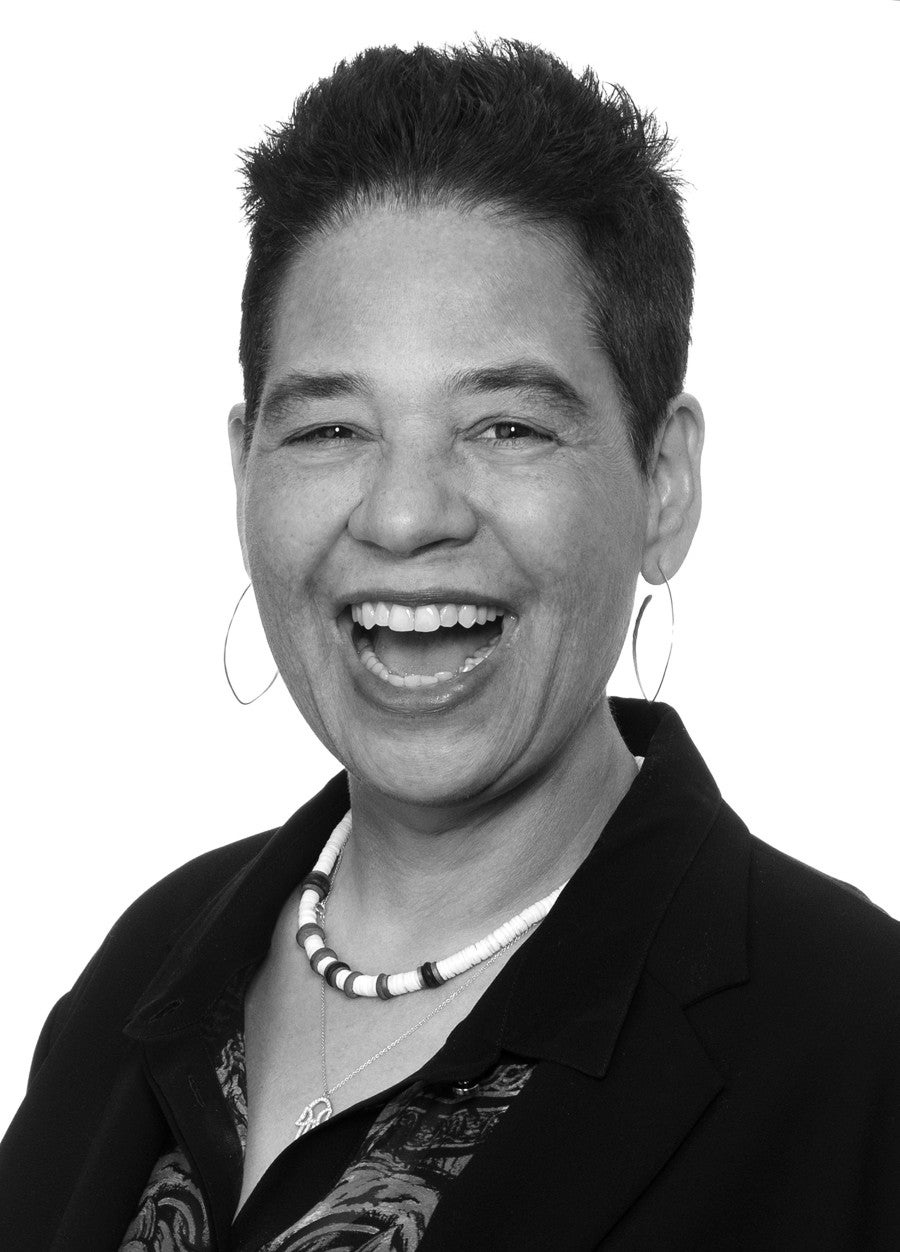
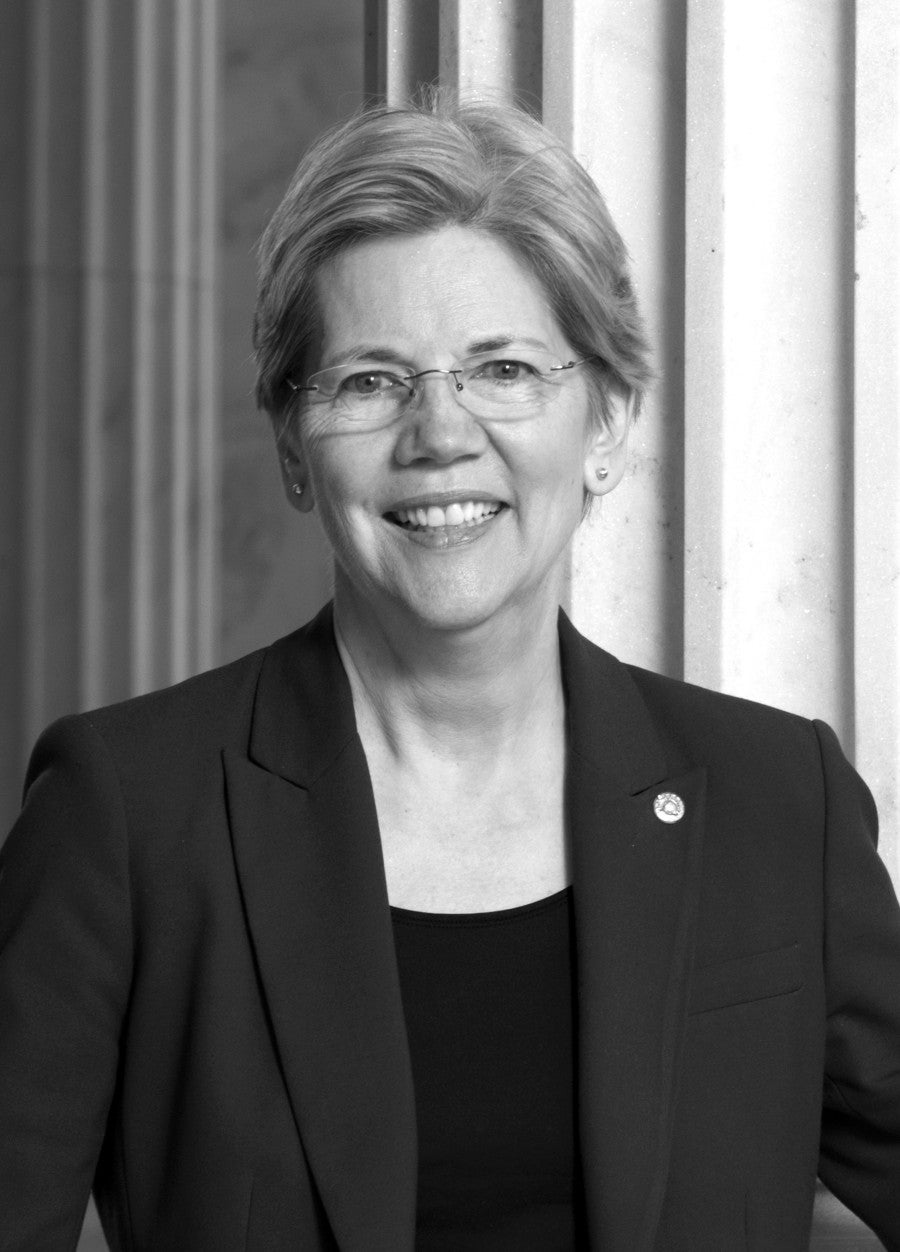
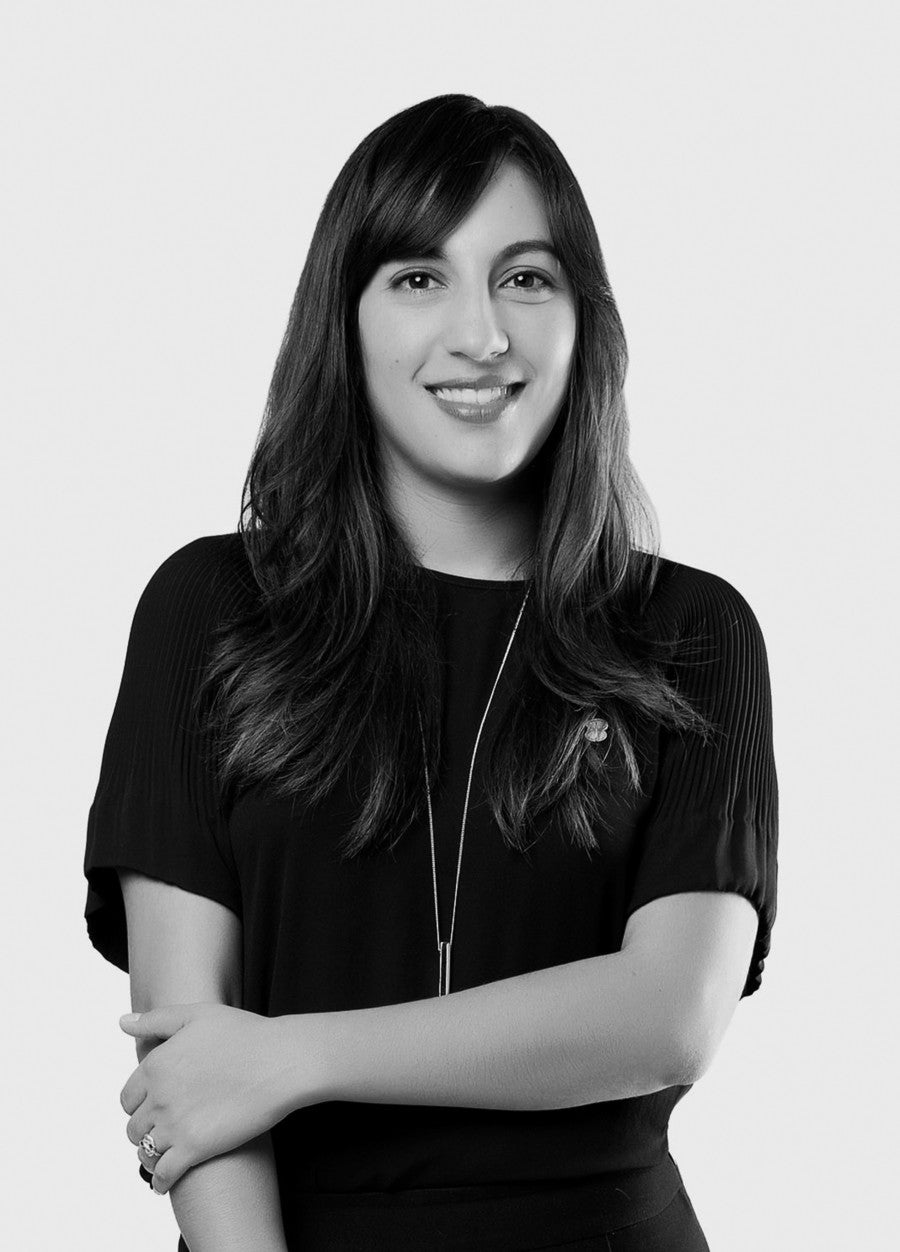
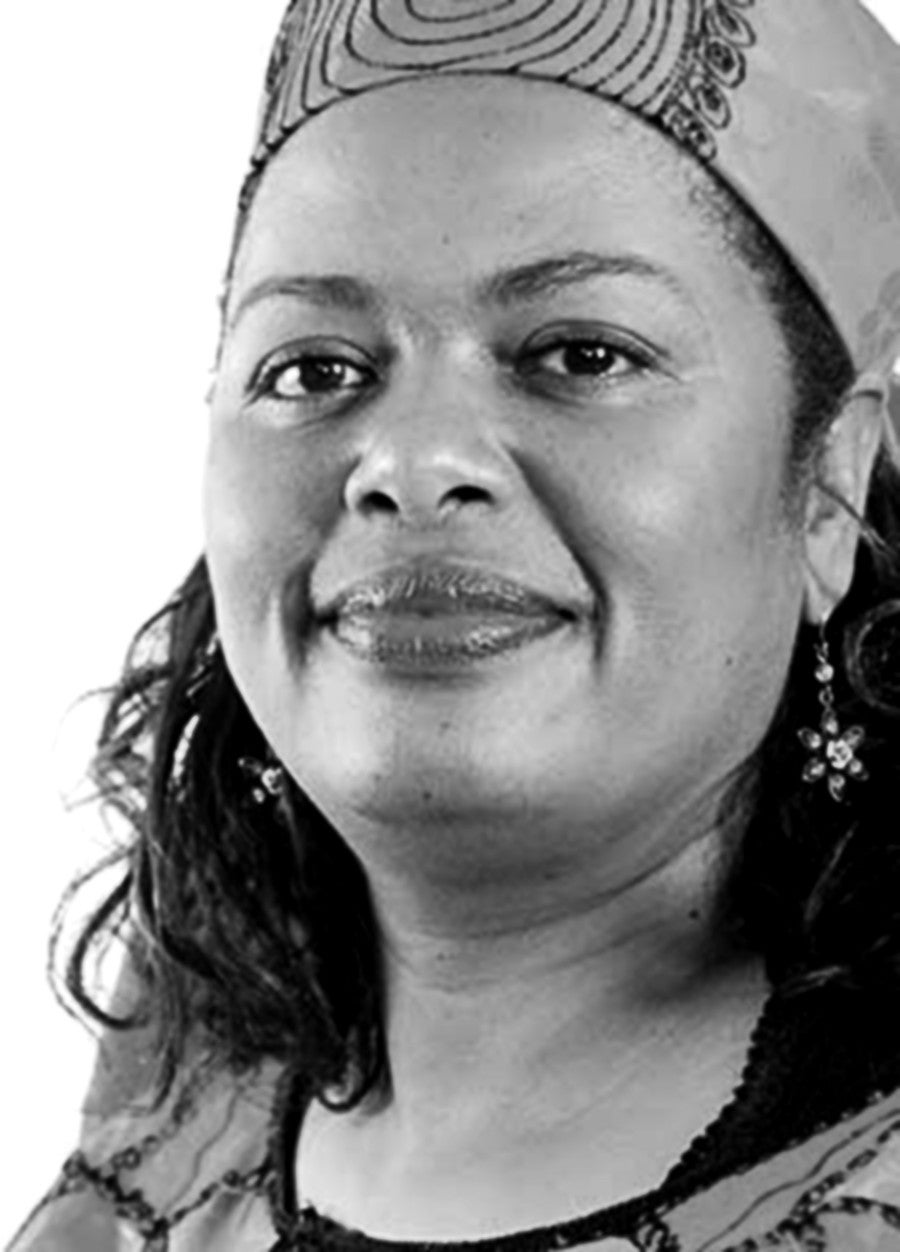
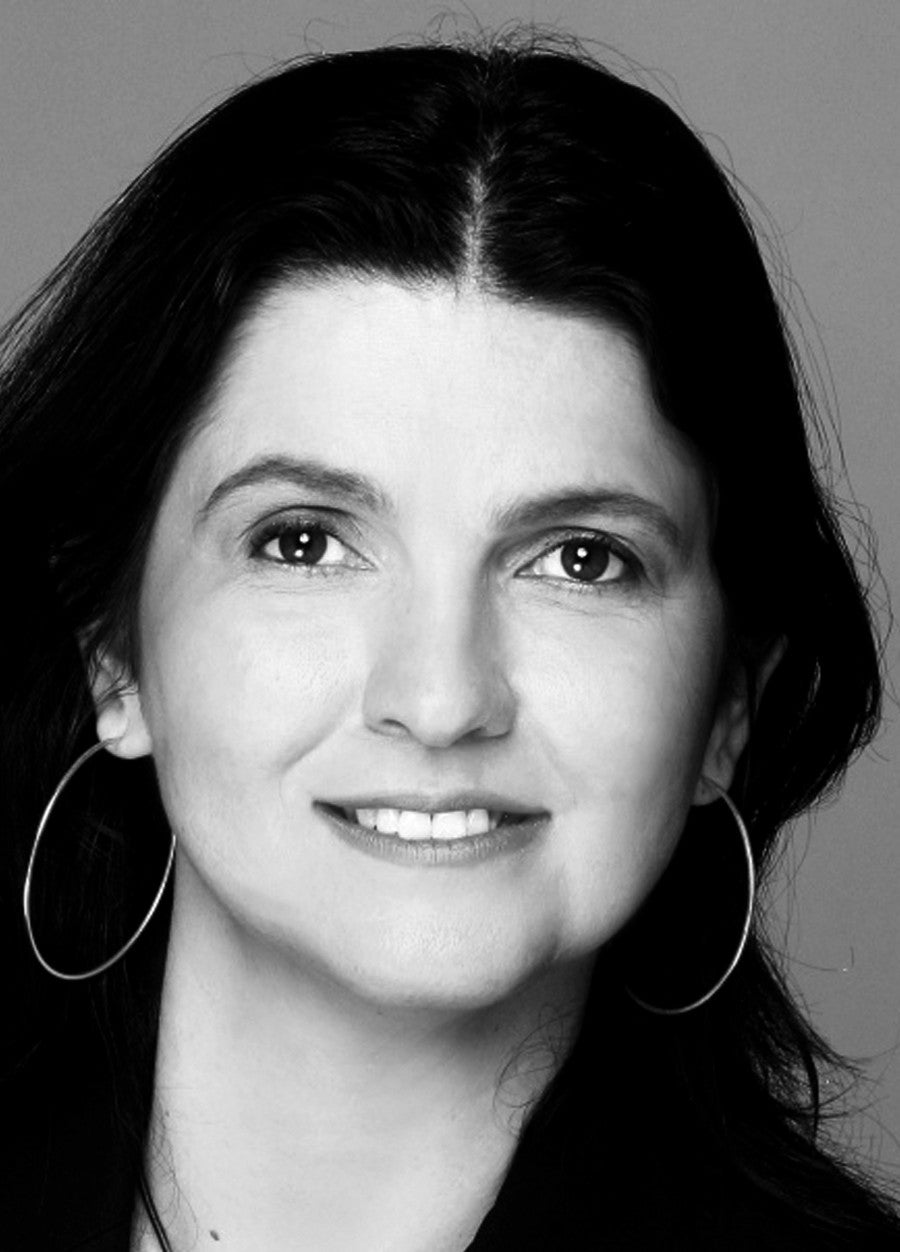
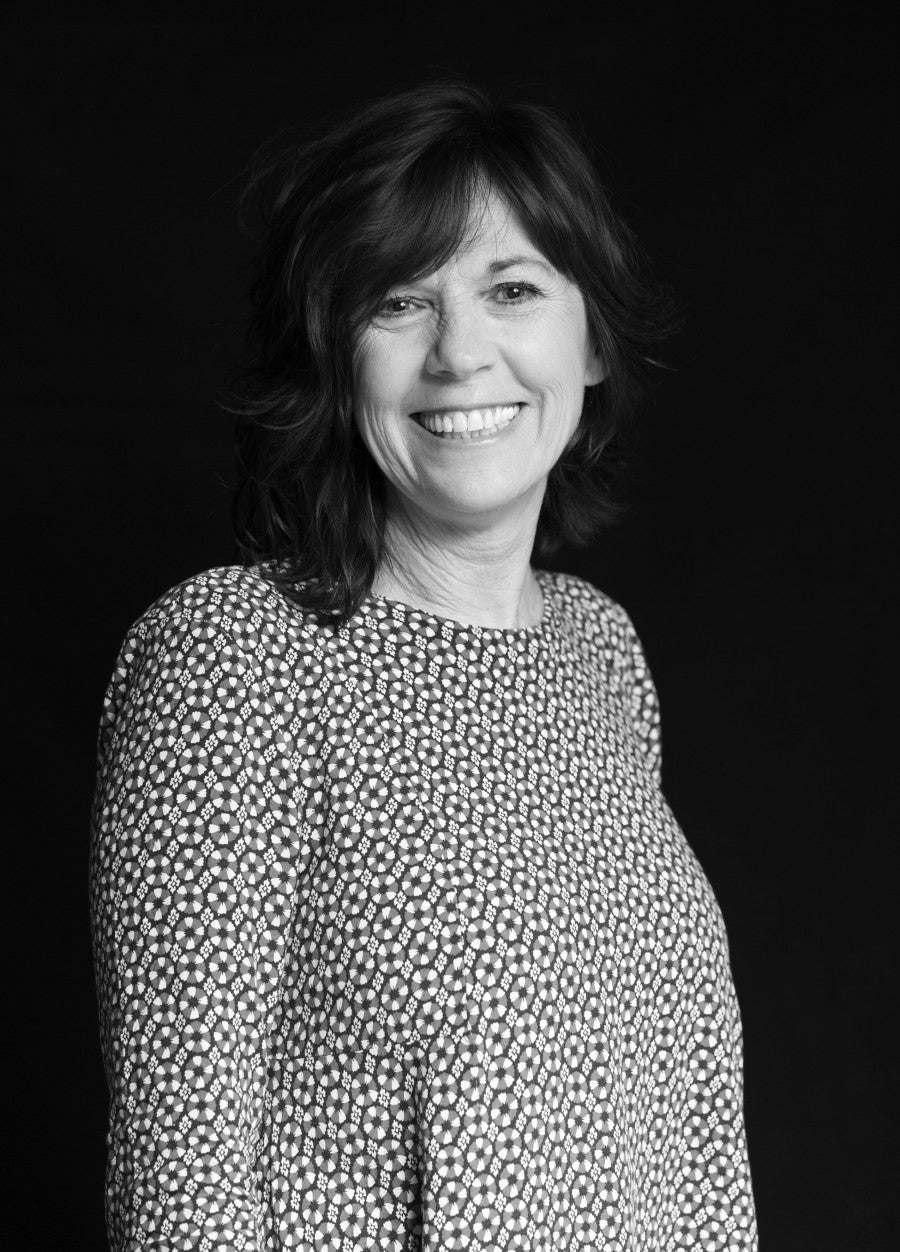
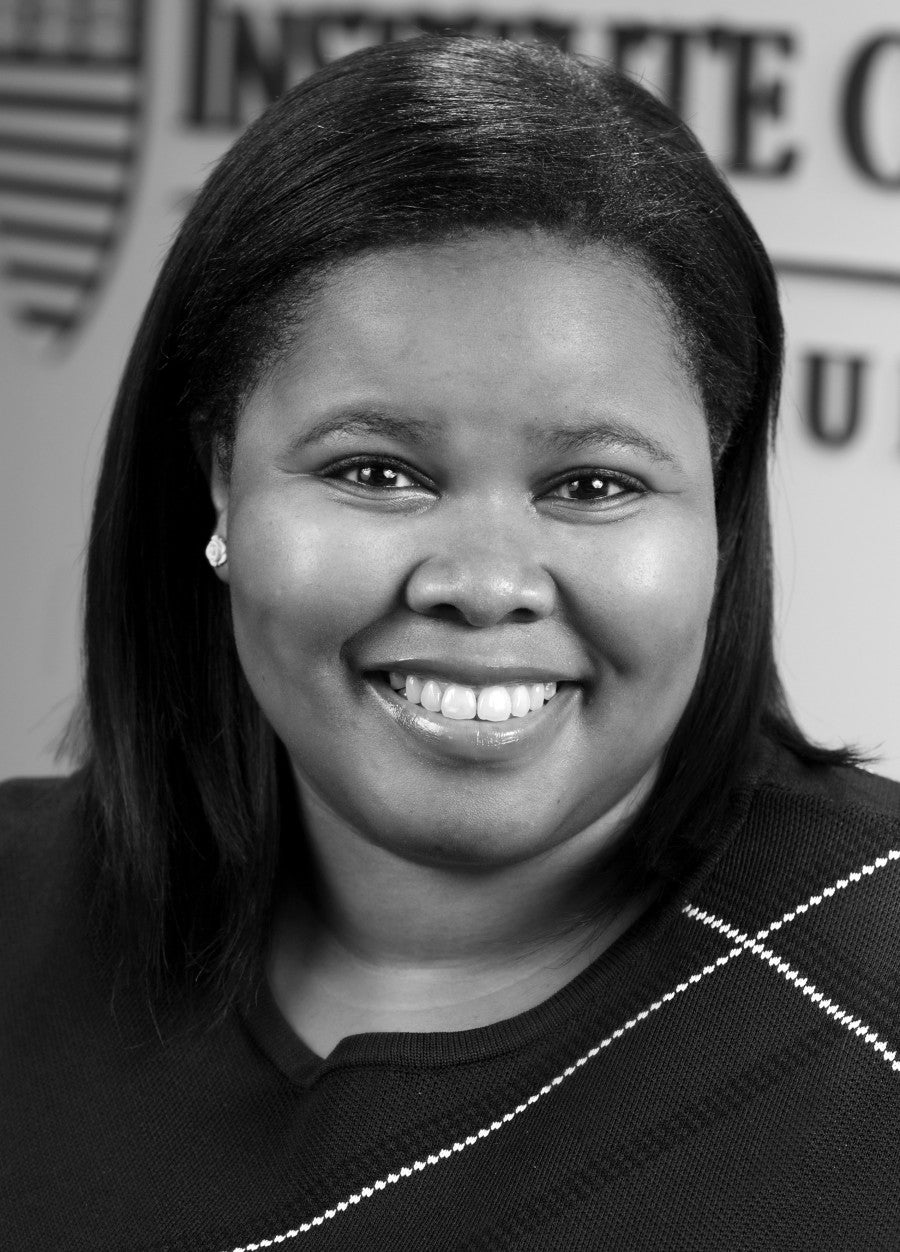
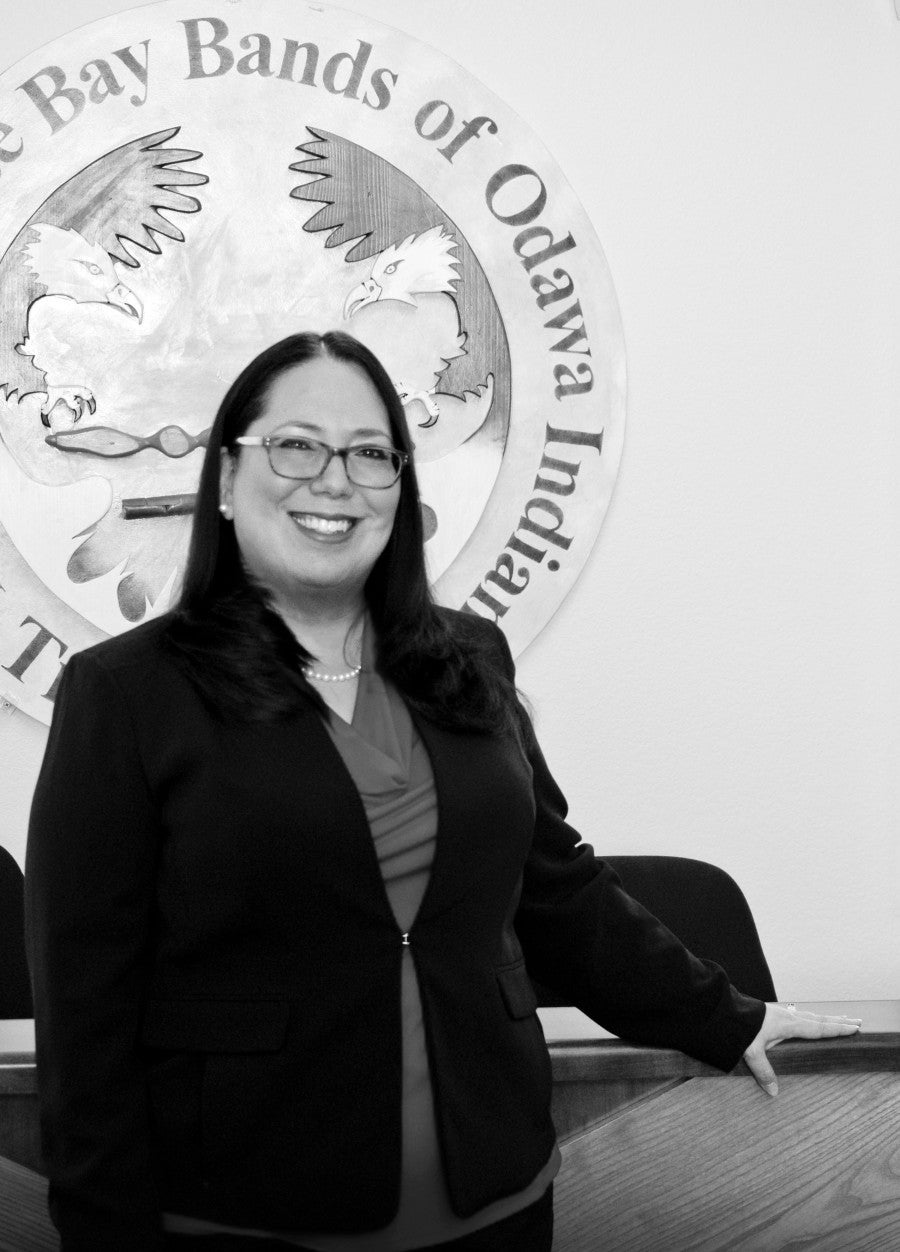
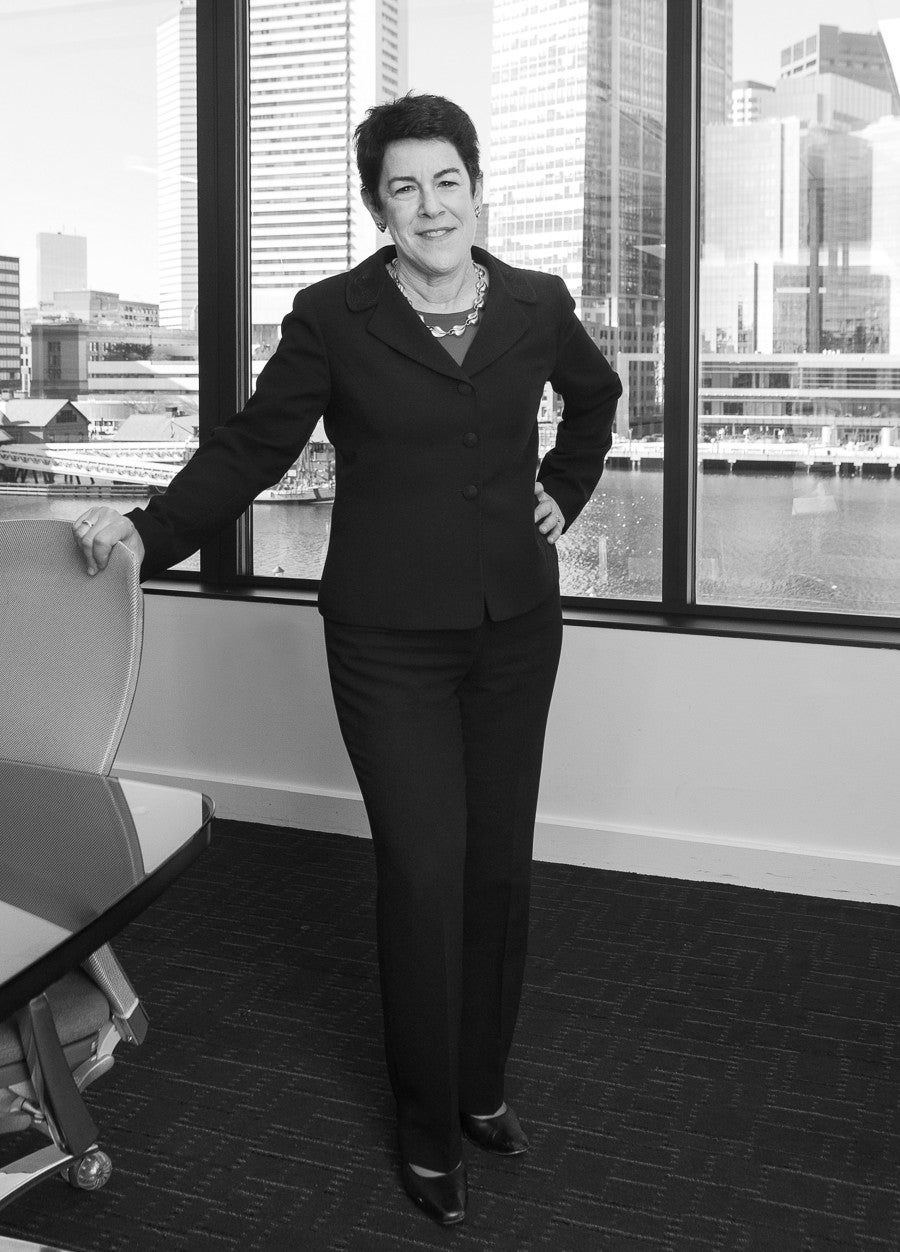
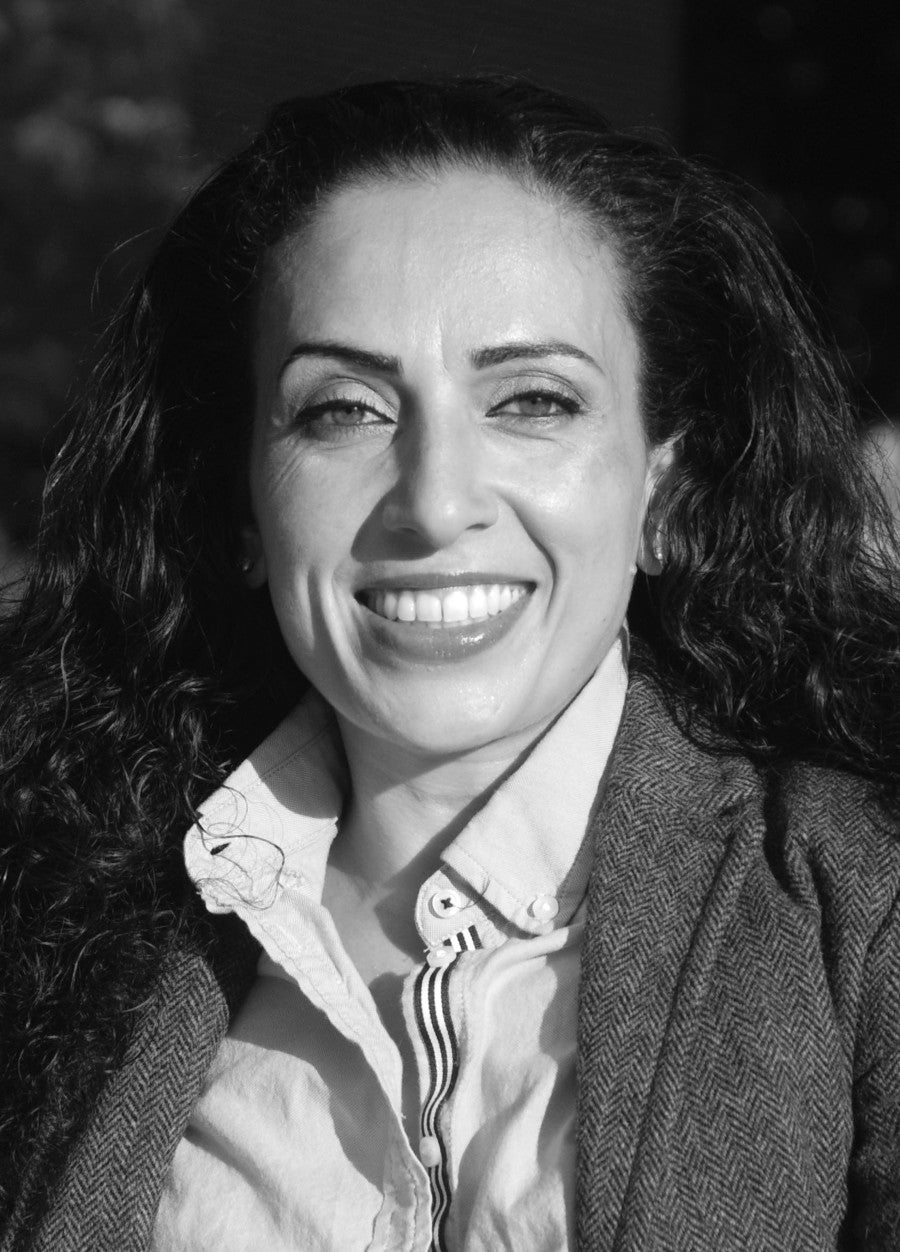
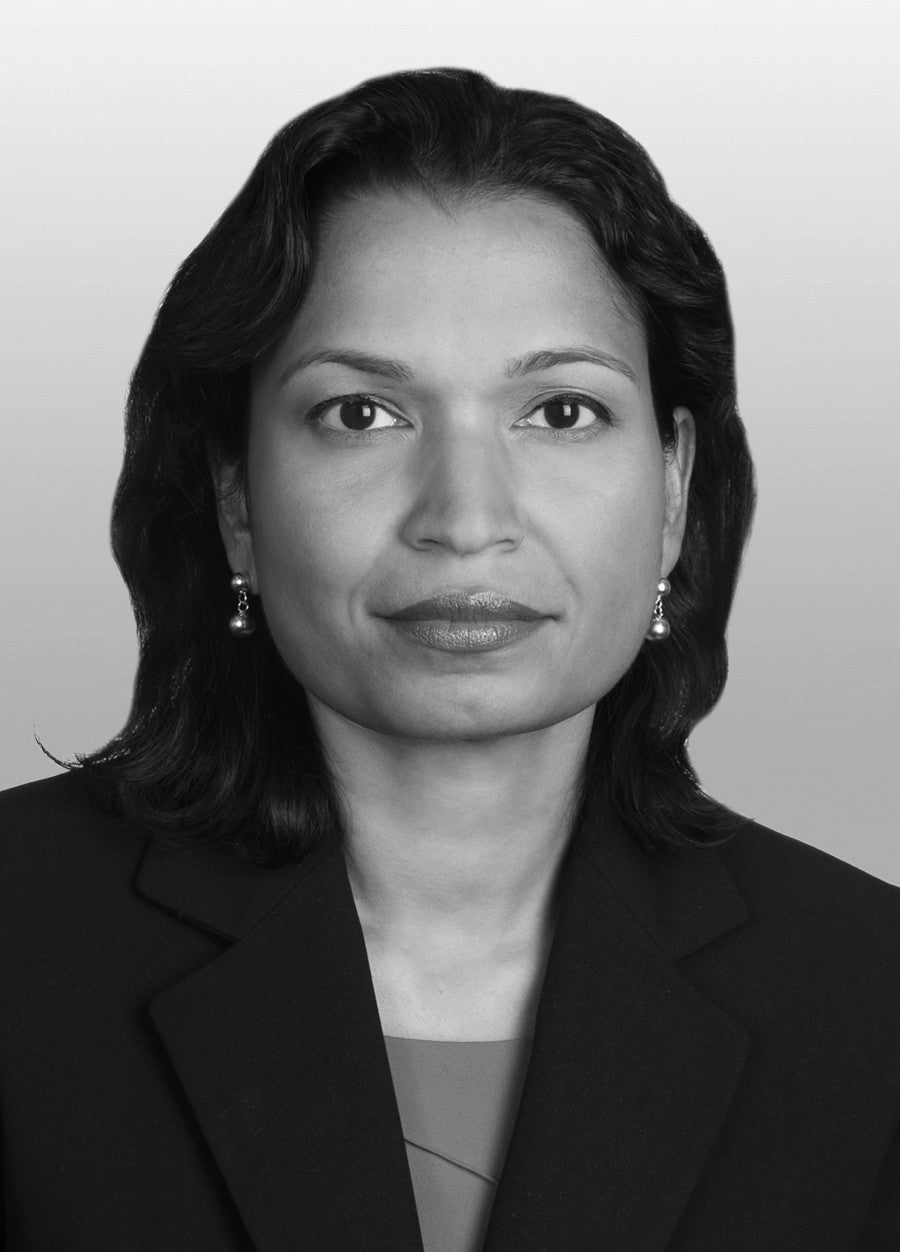
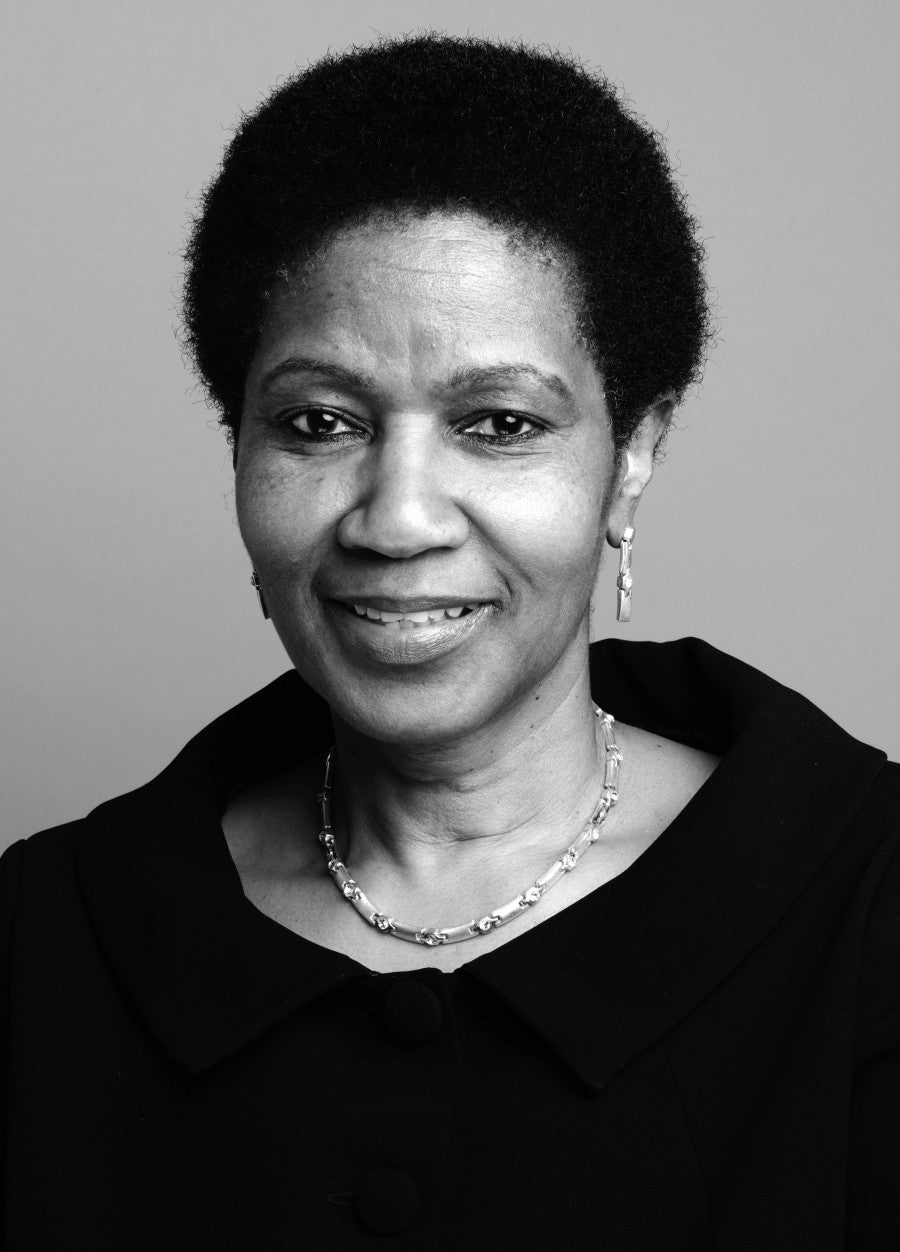
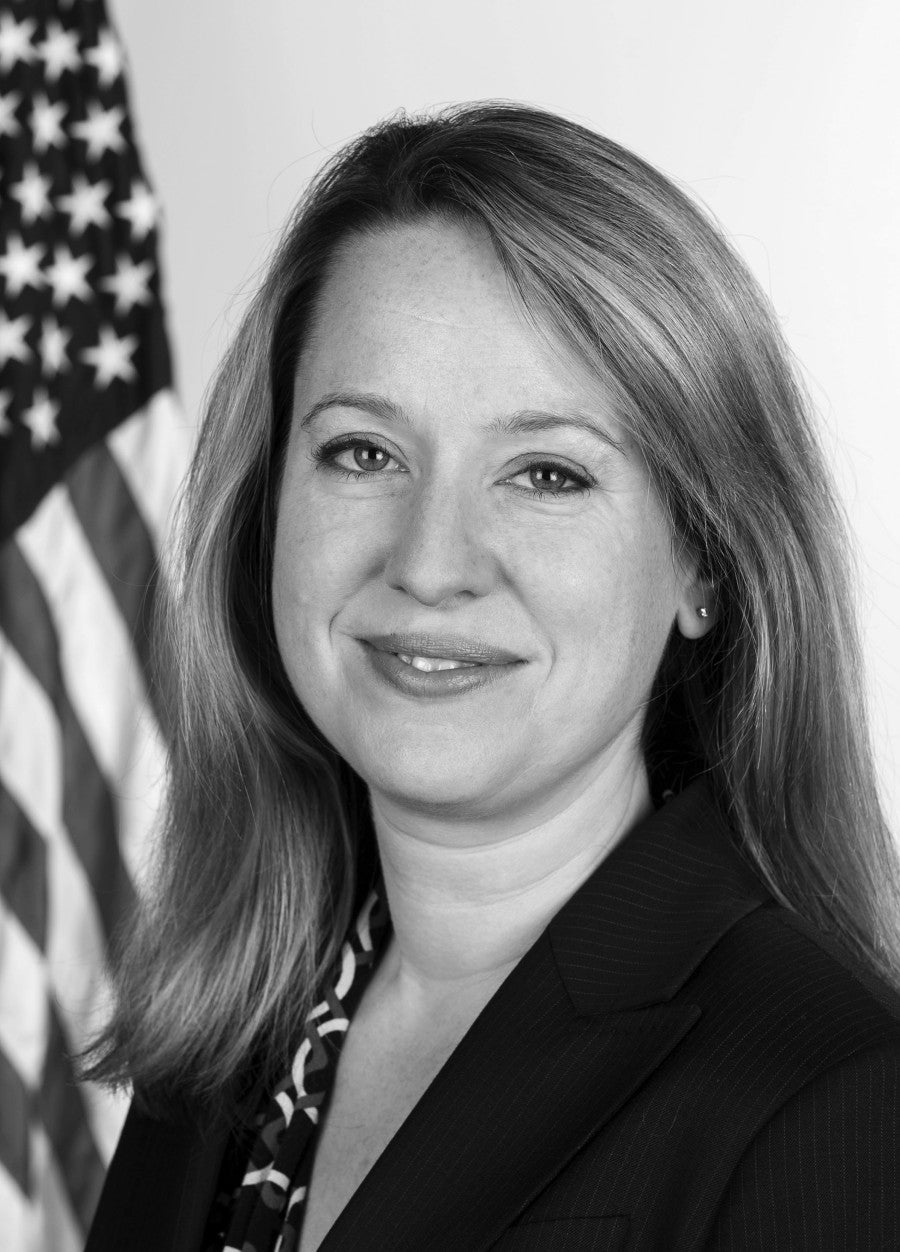
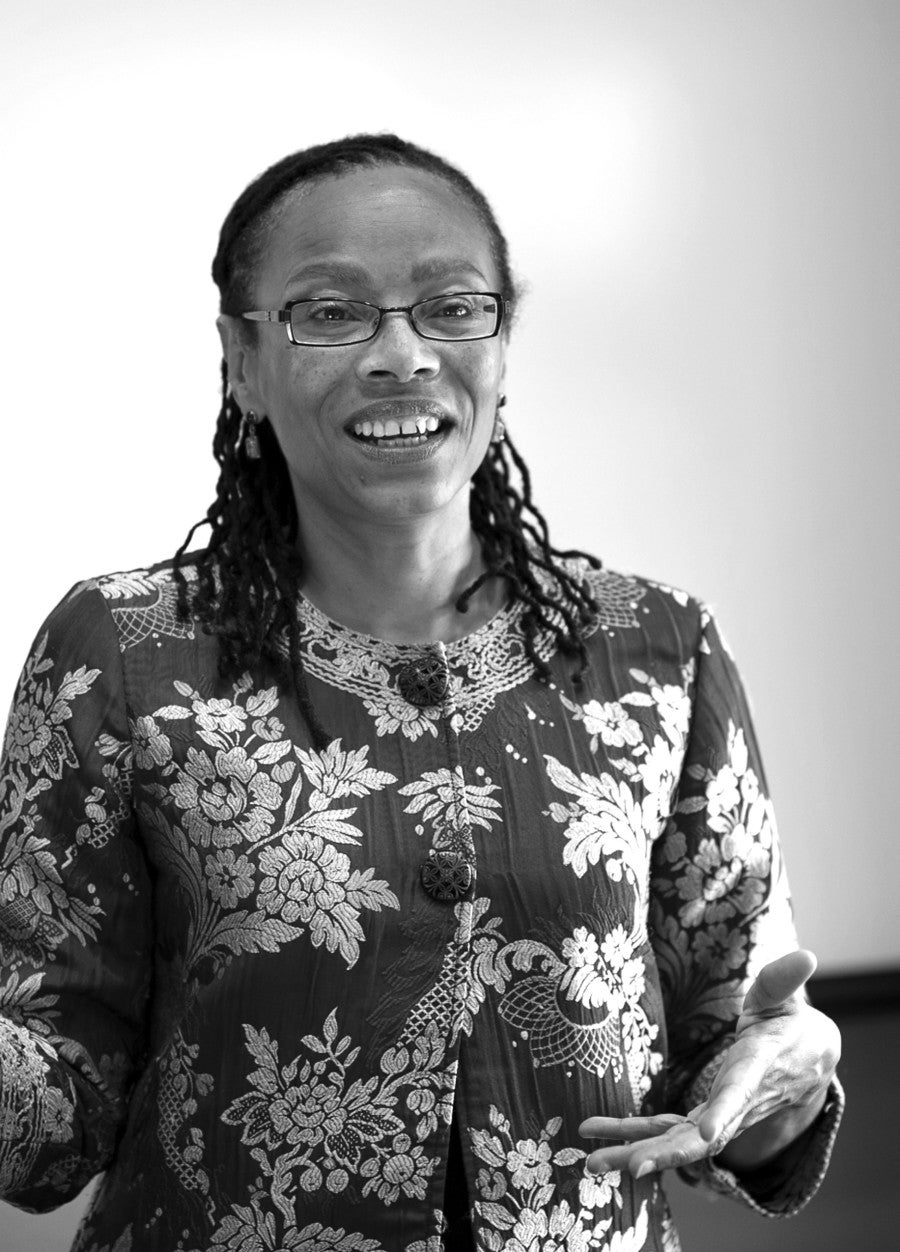
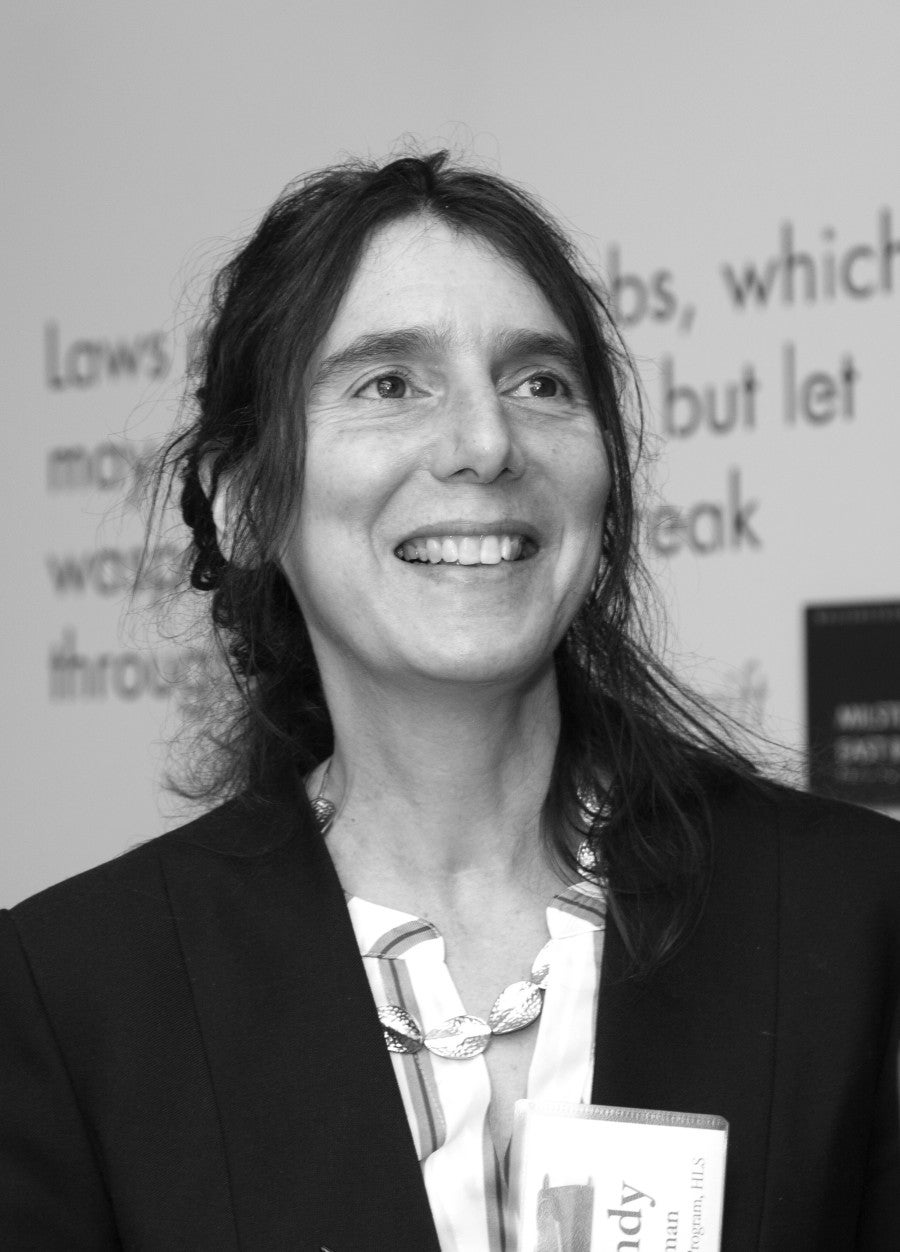
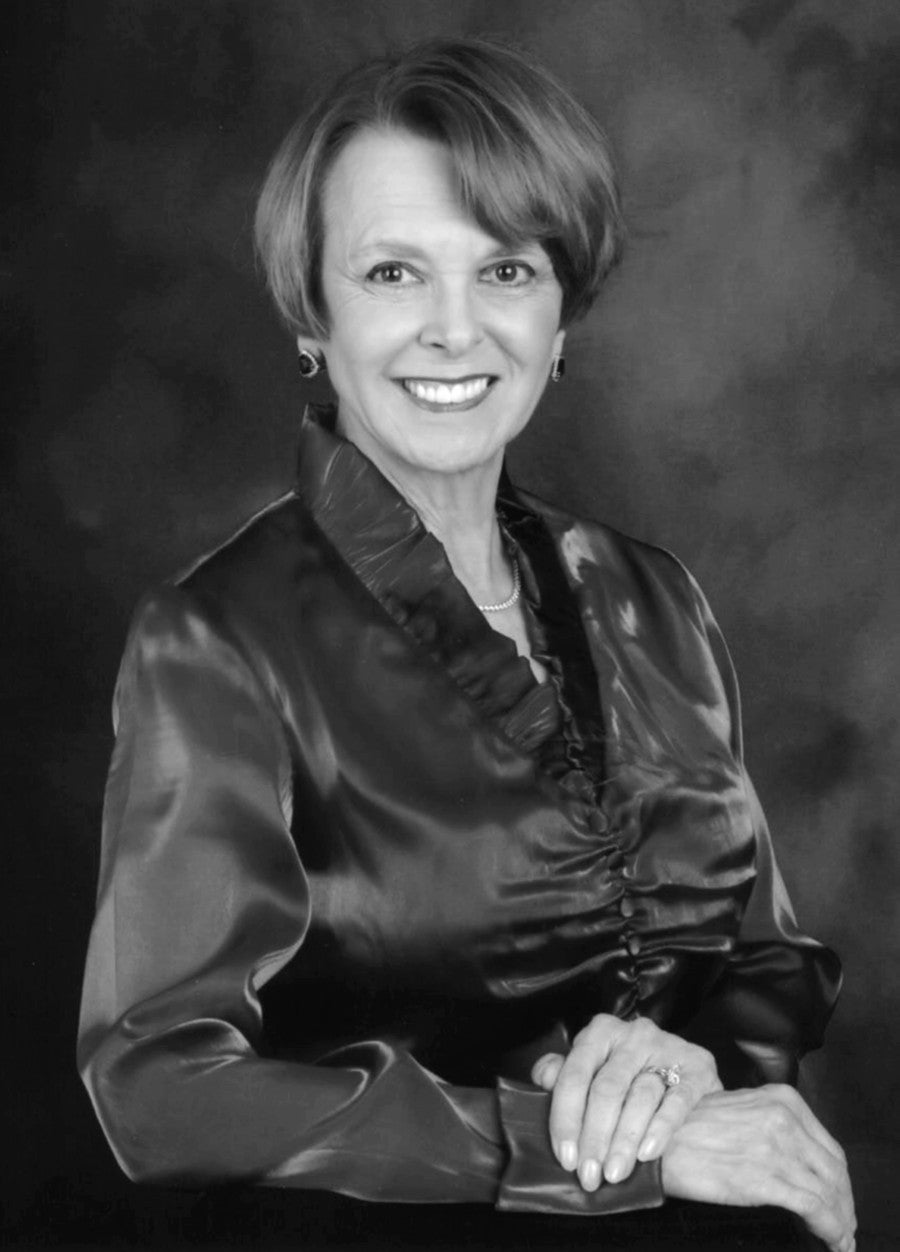
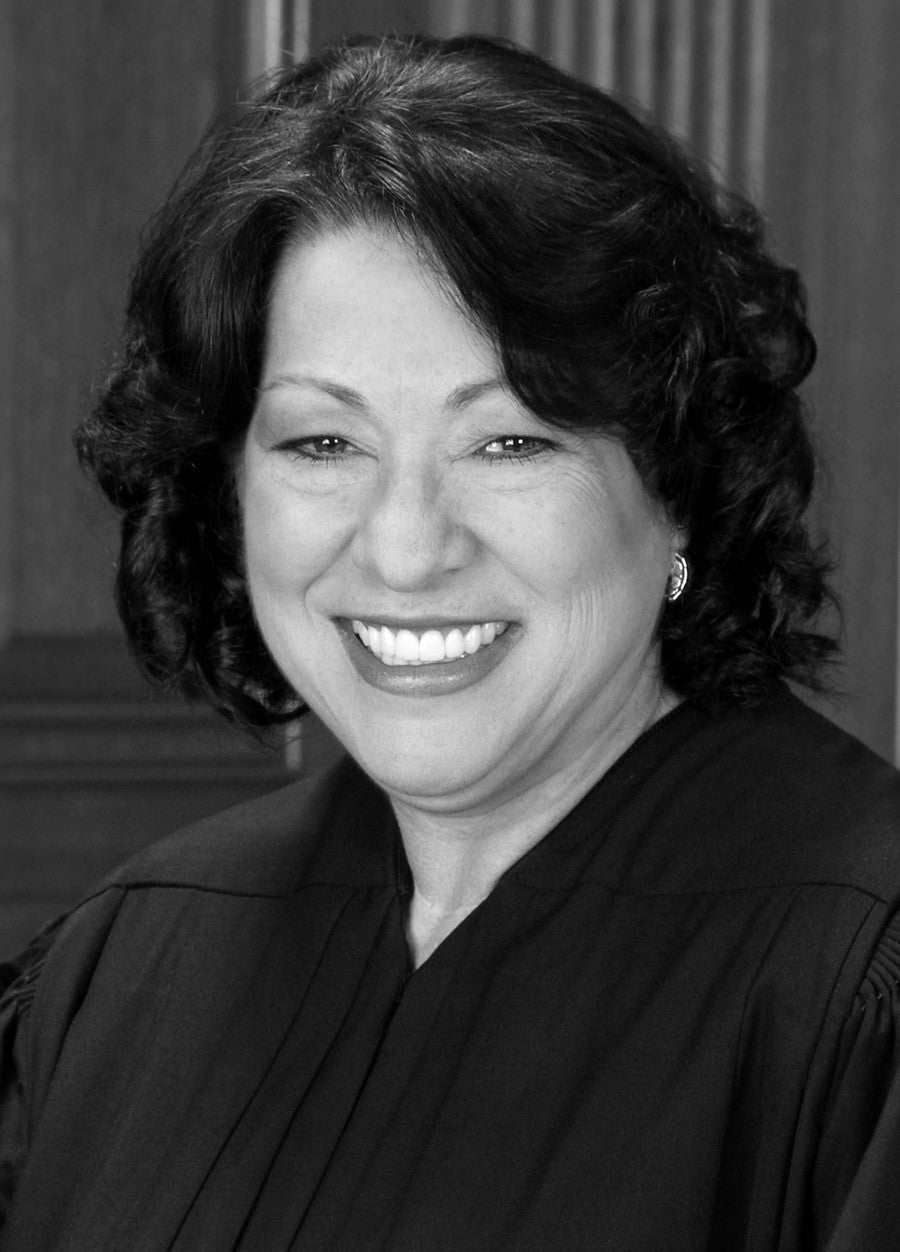
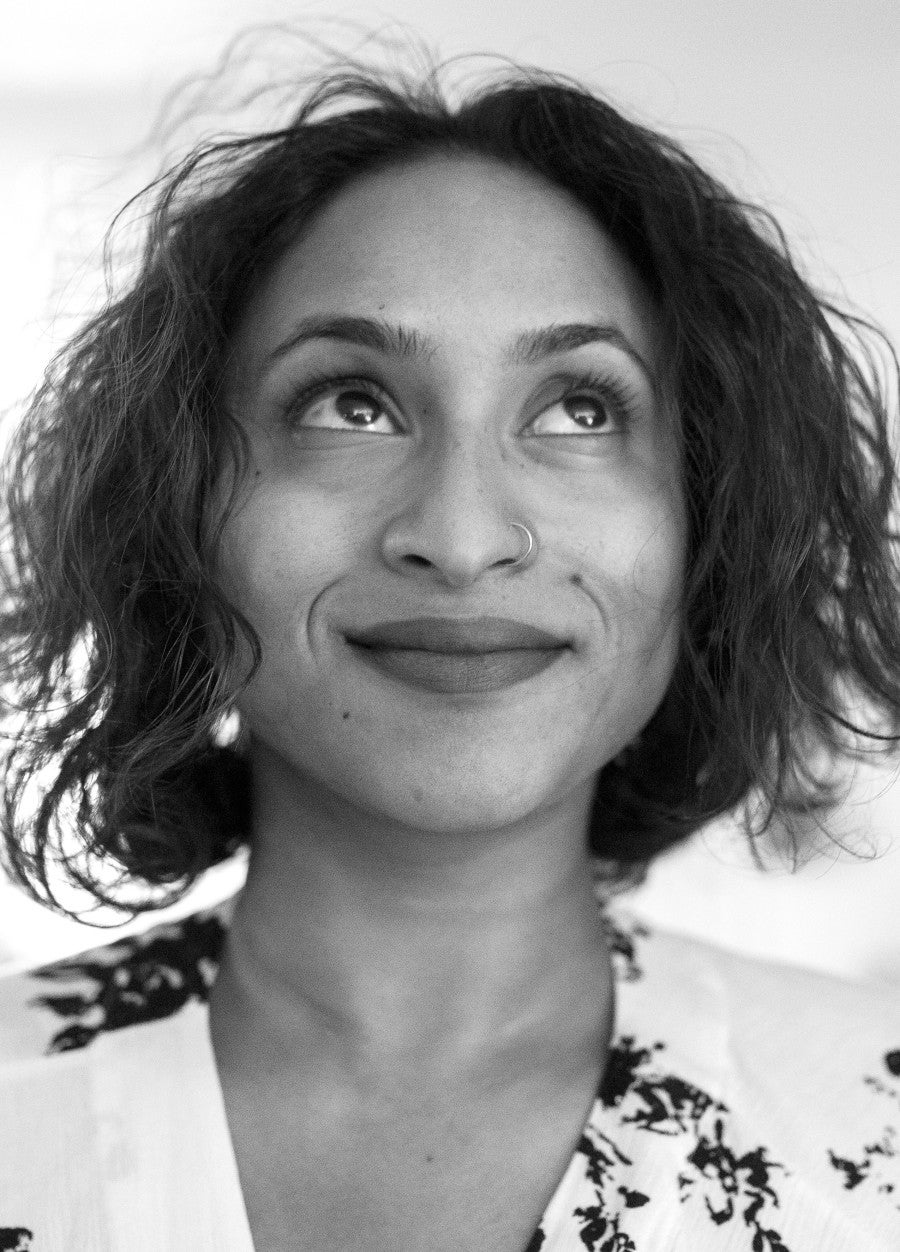
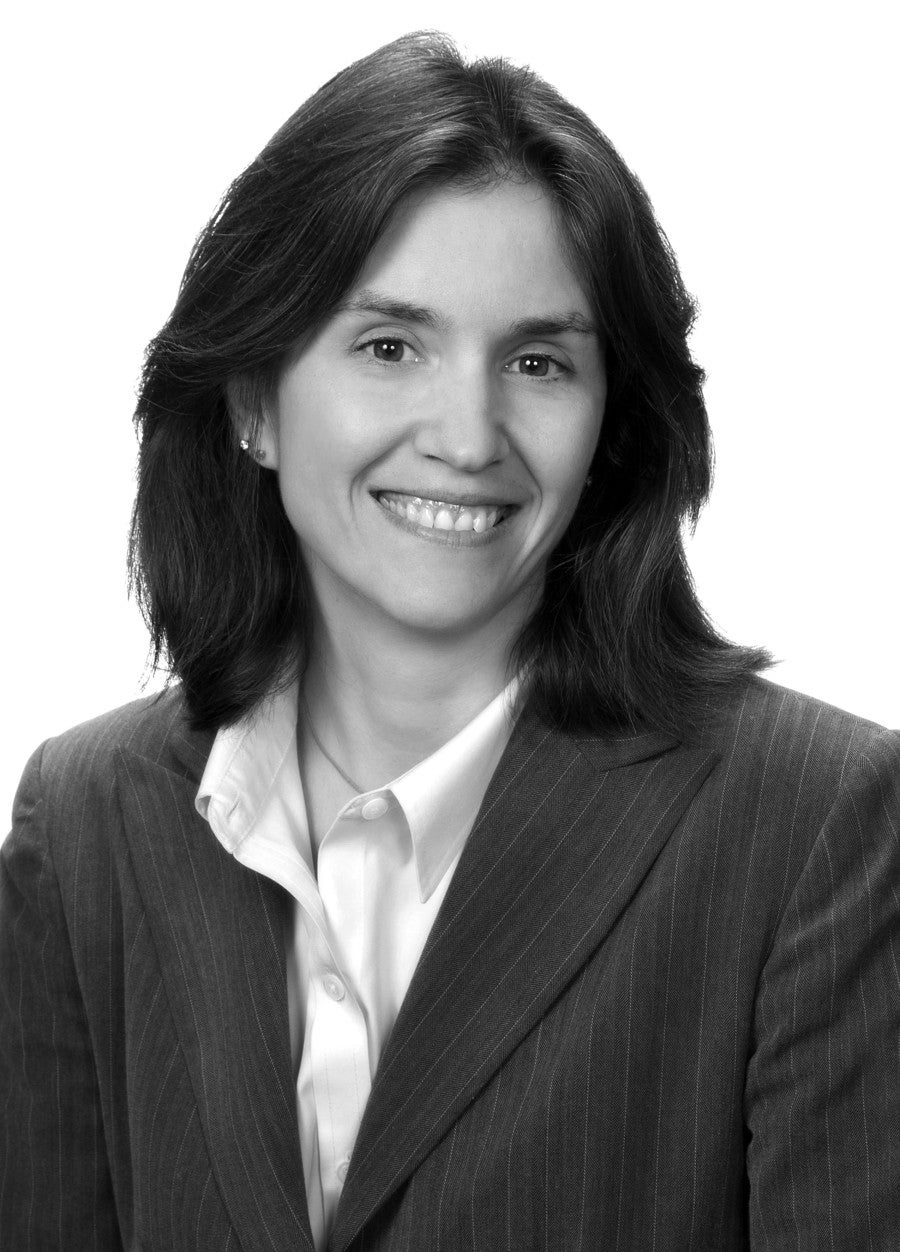
There are many avenues for HLS graduates to effect change. Why did you choose to focus on city politics specifically?
MW: City government is the level of government that has the greatest impact on your day-to-day life. It is what effects the quality of schools that you are going to send your kids to, it affects the jobs that are available, it affects the cleanliness and safety of our streets, and it is also the level of government where you can innovate the most quickly. As city councilors, my colleagues and I are the first and last resort for residents when they are struggling with issues and problems. To be that direct link to services and programming is incredibly rewarding.
Can you tell me about becoming City Council president? What issues are you most passionate about?
MW: I am so humbled to have the responsibility and the privilege of helping the body and helping to identify places of common ground between my colleagues. My number one goal in the position of City Council president is to increase transparency. The way to truly engage people and get them involved in government is to help them be informed. I have created this practice of summarizing what the City Council deliberates on after every meeting and putting that out over social media. We are in the midst of revamping our website so that every item will be trackable and you can see what’s before the Council and see all the different actions associated with it, see the calendar of meetings, and then be able to jump in and participate. We don’t do a great job in government of making it easy for people to get involved, but our progress as a city and our ability to innovate and implement solutions depends entirely on being responsive and accessible to residents.
You have a young child. How do you manage work-life balance?
MW: A lot of communication, an incredible partner in my husband, and a lot of self-forgiveness. I am the first to say that I am happy to be a visible example of how hard it is to balance everything and how messy life is. I have led City Council meetings with mashed banana on my jacket and baby spit up, and it is what it is. Hopefully when more people see that it’s difficult to balance everything right now then there will be more momentum to actually change the policies that make this work-life balance so hard.
What advice would you give young women at HLS as they think about their futures?
MW: Please consider running for office and reach out to others in the community. It’s a very strong network and don’t be afraid to ask for advice. Most important is to know what drives you as a person and follow that. Public life comes with a lot of scrutiny, it comes with a lot of criticism. It can be a tough environment, and it’s a long time away from family. But as long as you’re doing what you think is right and following what feels authentic to you, that’s all that matters at the end of the day.
This interview was edited for length.
